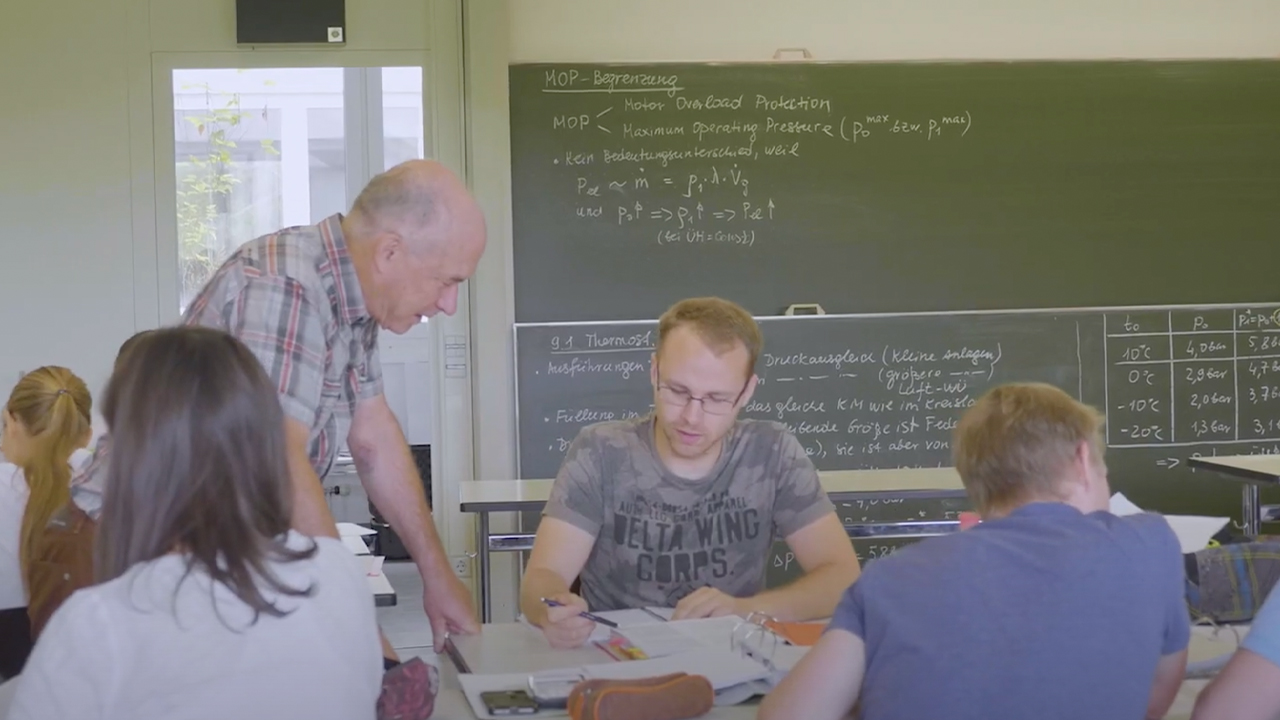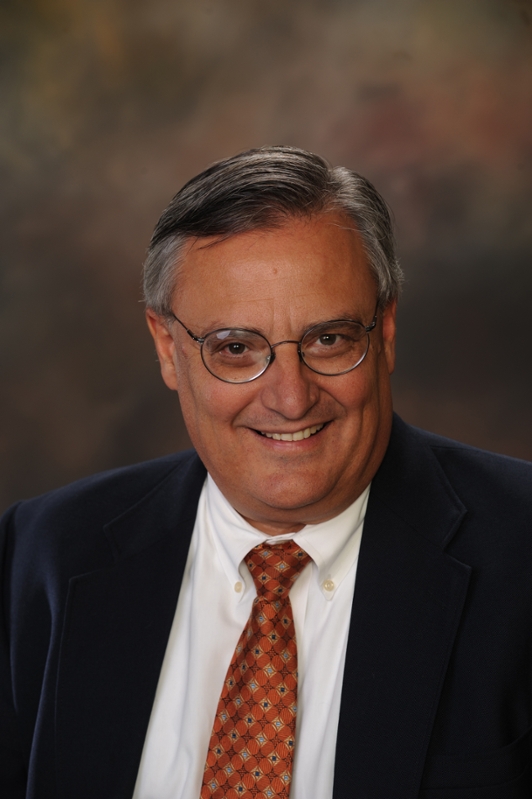College of Engineering partners with Liberal Arts for German dual degree program
Published: May 24, 2021 12:00 AM
By Virginia Speirs
In fall 2019, the Samuel Ginn College of Engineering launched a dual degree program allowing students to graduate with two degrees in five years — one in German and one in their choice of six engineering fields.
The idea for the dual degree program began when faculty from both engineering and liberal arts noticed the striking number of engineering students minoring in German. Additionally, exchange agreements signed by the College of Engineering with several German universities, and the fact that there are nearly 90 German companies operating in the state of Alabama, made the idea impossible to ignore.
“We noticed that more than a third of our undergraduate German minors were engineering students,” said Traci O’Brien, associate professor of German and chair of Auburn University’s Department of World Languages, Literatures and Cultures. “Clearly there was a significant interest on the part of engineers to study German.”
The dual degree is a five-year program, which includes a year abroad in Germany, though it could be completed sooner with advanced placement classes or dual enrollment credits. While in Germany, students will spend one semester studying at a German university, and another as an intern. This will happen during students’ junior year; they will return to Auburn for another year of studies before graduating.
“We’ve managed to pull the two majors together into a curriculum model where we blend the German language classes and the engineering classes each semester,” said recently retired assistant dean of student services Bob Karcher, who currently heads Engineering Global Programs. “As long as they stay in touch with their academic advisor and follow the curriculum model as outlined, students can finish this degree in a timely manner.”
After spending almost two years developing the program, designing the class track, coordinating with German universities, researching and obtaining approval from both colleges and the Office of the Provost, and consulting with other universities with similar programs, Karcher and O’Brien are beginning to see the fruits of their labors.
Karcher and O’Brien, in addition to Dean Hendrix, associate chair of the Department of Computer Science and Software Engineering, are also co-directors of a project that will directly benefit the students in the dual degree program. The National Endowment for the Humanities recently awarded the project nearly $100,000 to help fund the development of five program courses.
The six engineering departments currently participating in the dual degree program are: computer science, software engineering, computer engineering, mechanical engineering, electrical engineering, and industrial and systems engineering. Karcher and O’Brien are hopeful more will follow.
“What we really want to do is to create opportunities for engineering students at the upper level to reach expertise not only in their technical field but in their ability to discuss it in German,” O’Brien said. “So we’re going to develop a German class for scientific and technical purposes. We also want to take the opportunity to revamp our introductory literature course, which is a requirement for all German majors, in order to integrate scientific texts on similar themes.”
Samuel Adams, a sophomore in software engineering and German, is one of the first students in the dual degree program.
“I am excited to experience new culture, new people and just being able to explore how other people live and their way of life,” Adams said.
Jackson Woolley, freshman in mechanical engineering and German, is another of the program’s pioneers. He is excited for all of the opportunities he will have just by being in the program, he said.
“I am most excited to be out of the country because I have never been out of the country before,” Woolley said. “I think it will mainly give me an opportunity to come out of college with some great experience, especially in a foreign language. I think that looks very good with employers.”
Both Karcher and O’Brien agree that one of the major benefits of the dual degree program is the marketability students will obtain once they graduate. Developing high-level language skills in addition to multicultural experience, especially in the culture of a company that a student will likely work for after graduation, is invaluable they said.
“It’s going to take a very dedicated student to finish this program,” O’Brien said. “But I think the payoffs are going to be exceptional. I want to encourage students who are interested in this to seek out support, because in the German program as well as in the various engineering programs, we are really invested in helping our students succeed. That includes helping them be successful when they go to Germany. Ask for help, the rewards will be great.”
Media Contact: , jdh0123@auburn.edu, 334-844-3591
Auburn students participate a dual degree program allowing students to graduate with degrees in both engineering and German in just five years.


